Eat a Mediterranean diet, exercise, wear sunscreen, take care of your skin, and learn to manage stress to live a longer, healthier life.
It's never too late to improve your health, but the earlier you start, the better. Six health experts share five things to do in your 20s and 30s to increase your chances of living a long and healthy life.
Eat a Mediterranean diet
According to nutritionist Clare Thornton-Wood, her top tips are to eat less sugar, more fermented foods and follow a Mediterranean diet, which is rich in fruits and vegetables, whole grains, olive oil, fish, eggs and small amounts of lean meat.
“ Science has shown that healthy gut bacteria impact mental health and mood. Eat more plant-based foods and eat at least one fermented food a day,” says Thornton-wood.
The foods she recommends people eat are wholegrain carbohydrates like brown rice or barley, as well as fermented foods like kefir, sauerkraut, or kimchi.
Additionally, cutting back on sugar and processed foods can help keep your skin and teeth healthier. Poor oral health is linked to heart disease, which can make eating more difficult as you age.
All of these changes help maintain a healthy weight, which directly impacts blood pressure, insulin resistance (a precursor to diabetes), cholesterol, and heart health.
Additionally, eating healthy meals with loved ones regularly is also linked to healthy aging.
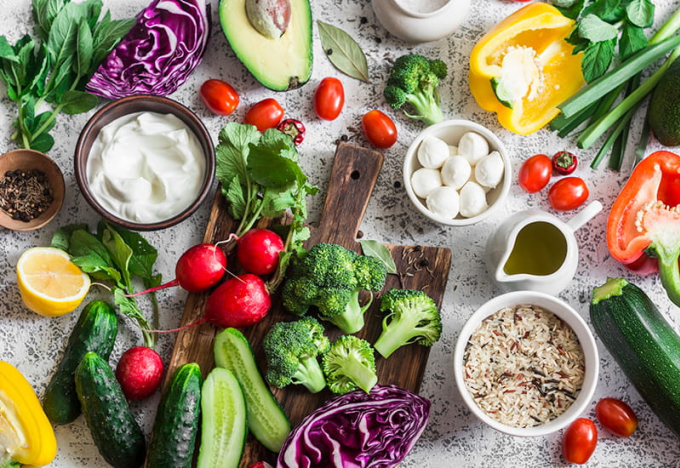
Mediterranean diet. Photo: American Heart Association
Plan your workout around the 5 pillars of fitness
Personal trainer and sports scientist Luke Worthington breaks physical health down into five “pillars” that are equally important at every stage of life: physical strength, cardiovascular fitness, mobility, body composition, and mental health.
“We should try to maintain a balance of all five of these elements when planning our workouts,” says Worthington.
Sarcopenia (age-related muscle loss) begins in your thirties, he says. Building muscle at a young age is important to combat muscle loss later in life.
Exercise also reduces the loss of bone density that leads to osteoporosis. Combined with muscle loss, this can increase the risk of falls and injuries as a person ages.
“Multi-joint or compound exercises, including deadlifts, squats, lunges, push-ups, and pull-ups, offer the most benefits. They allow us to work more muscles at once,” says Worthington.
Additionally, Worthington recommends trying to do the following each week:
- Two to three resistance training exercises.
- A high-intensity cardio workout like tennis, boxing, or dancing.
- An exercise that focuses on mobility and motor control, such as Pilates, yoga, or barre.
- One or two low-intensity cardio exercises such as those on a bike, elliptical machine, or mountain climber
However, any activity is better than none, so do what you enjoy and can do, according to Worthington.
Exercise, stop smoking, and check your blood pressure to check your heart health.
Dr. Nicole Harkin, a preventive cardiologist in San Francisco (USA), said that your current lifestyle habits can have a big impact on your future heart health. Especially if your family has a history of heart disease, you must start a proactive heart health care plan now.
She recommends everyone get their blood pressure and cholesterol checked in their 20s and 30s. Higher than normal readings can lead to conditions like coronary artery disease, a condition in which the blood supply to the heart is blocked by fatty deposits.
Additionally, Harkin says that with just dietary changes, cholesterol dropped from severely abnormal levels to very normal levels.
To prevent high blood pressure and ensure heart health, the American Heart Association recommends following the DASH diet, which is similar to the Mediterranean diet that Thornton-Wood recommends. This eating approach focuses on lean protein, whole grains, fruits, vegetables, and legumes, while limiting red meat, sodium, added sugars, and saturated fat.
Joanne Whitmore, a senior cardiac nurse in the UK, believes that giving up smoking is the most important thing to do for heart health.
In addition, people in their 20s and 30s should also do at least 150 minutes of moderate-intensity exercise or 75 minutes of vigorous-intensity exercise per week, maintain a suitable exercise regimen and reduce stress to a minimum.
But even small lifestyle changes, such as taking the stairs instead of the elevator or getting up from your desk every hour to walk, can have a big impact if done consistently.
Skin care with sunscreen, retinoids, and AHAs
Anyone can get skin cancer regardless of age or skin color. Most cases are caused by overexposure to UV rays.
The American Academy of Dermatology recommends that people protect their skin from cancer by staying in the shade, wearing clothing that protects against UV rays (such as long-sleeved shirts and wide-brimmed hats), and applying a broad-spectrum, water-resistant sunscreen with an SPF of 30 or higher.
In addition to cancer risk, skin appearance is also a concern for many people as they age. According to Dr. Charles Puza, a dermatologist in New York (USA), starting at around age 20, each year we produce less collagen. This is a structural protein that plays a key role in maintaining the elasticity, volume and moisture of the skin.
As collagen levels decrease, signs of aging like sagging and hollowing of the skin begin to appear. In your 20s and 30s, some of the subtle signs of this process are wrinkles around the eyes, forehead or loss of plump cheeks.
Puza believes that people who are regularly exposed to the sun and have an unbalanced diet will show more severe signs of aging than those who regularly use high-quality skin care products, adhere to a diet and exercise.
Additionally, Puza recommends a skin-care routine that includes daily sunscreen year-round, retinoids at night, and regular alpha hydroxy acids (AHAs). He calls these the “three pillars of anti-aging.”
In terms of lifestyle, eating a balanced diet, drinking plenty of water and getting 7-9 hours of sleep each night will benefit your skin. Puza also recommends sleeping on your back as it protects your face from wrinkles or loss of volume while you sleep.
Take care of your body to protect your brain
Dr. Dale Bredesen, a neuroscience researcher at the Buck Institute for Research on Aging in California (USA), said improving brain health is related to improving the health of the entire body.
This includes eating a diet rich in plants, especially cruciferous vegetables like broccoli and kale, while minimizing processed and inflammatory foods.
In addition to regular exercise, getting seven to eight hours of sleep a night, and managing stress, Bredesen recommends people maintain “cognitive stimulation” — that is, maintaining hobbies and taking on new challenges, such as learning a language.
According to Bredesen, certain supplements can also help maintain brain health. Most importantly, if you have signs of something wrong, see a doctor who can identify and address the root cause.
Khanh Linh (According to Business Insider )
Source link








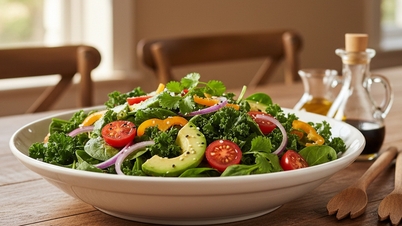



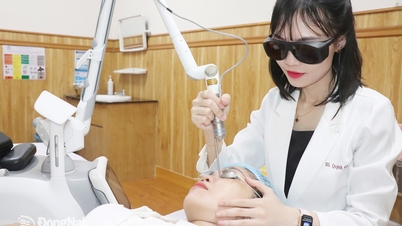










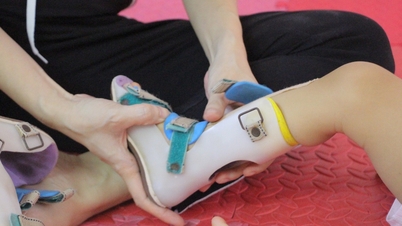


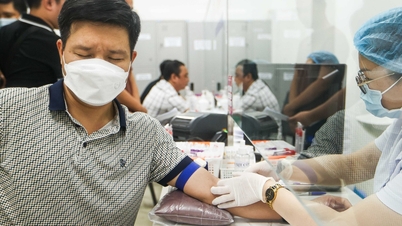



















































































Comment (0)